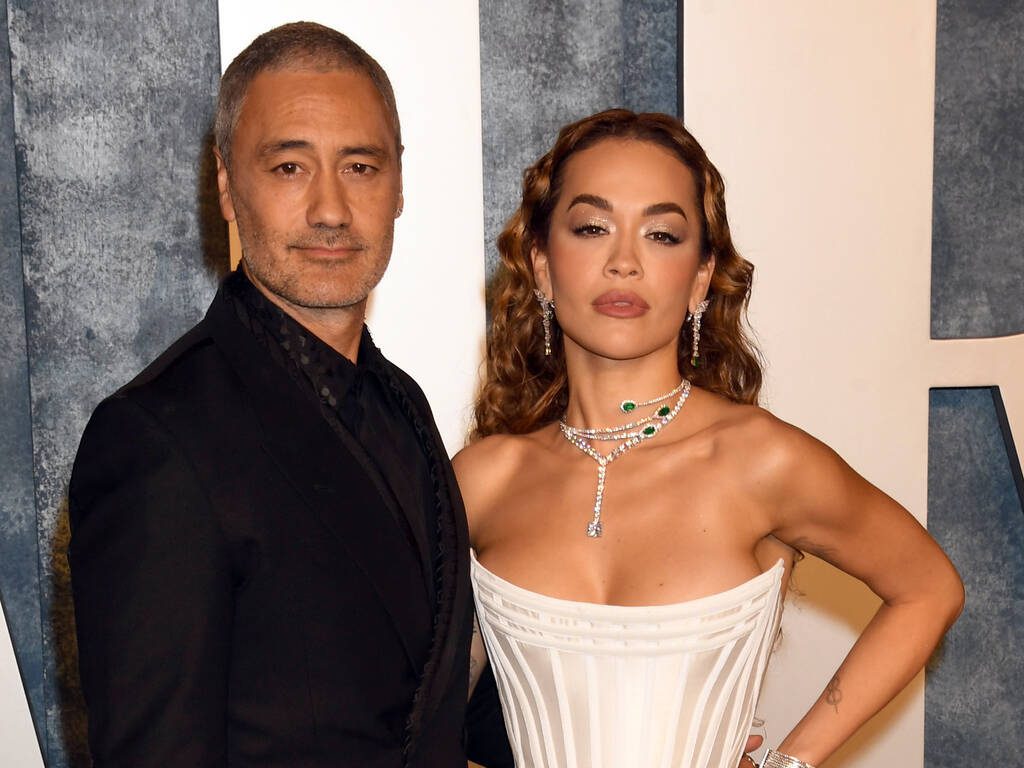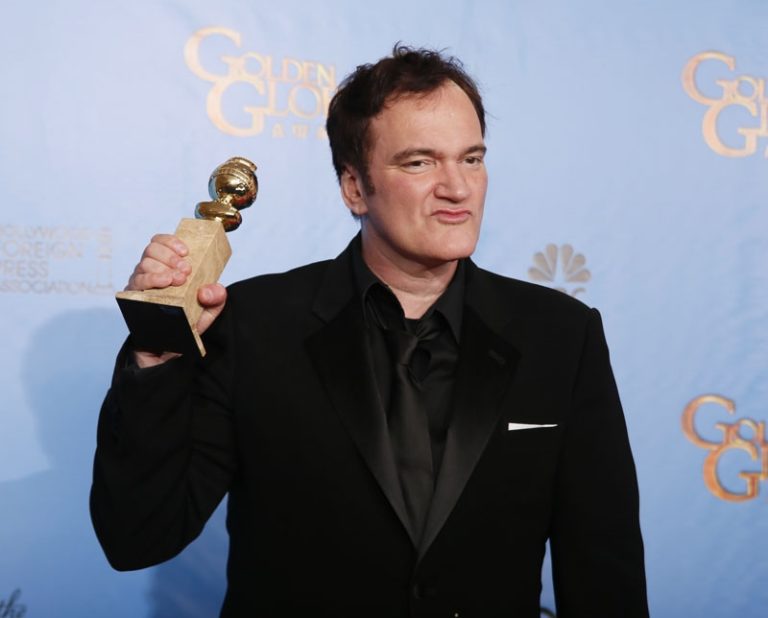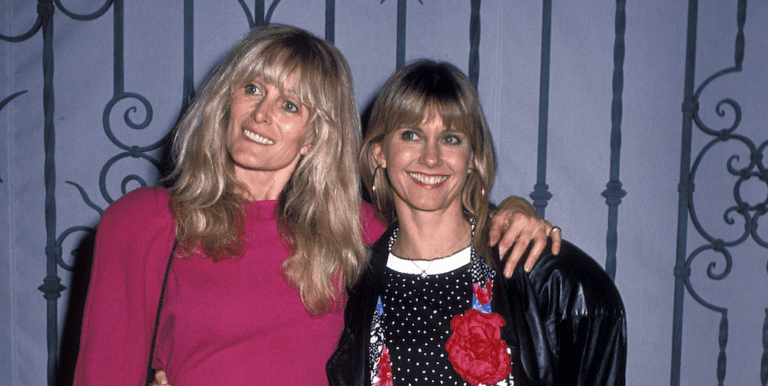The story follows the American Samoa men’s national soccer team. The team is known for their monumental loss in 2001 scoring 31-0 at a FIFA match ensuring they ranked at the very bottom of the barrel. However, after recruiting a new (albeit reluctant) coach Thomas Rongen (Michael Fassbender) in 2014, they redeemed themselves and won against Tonga in an Oceania Football Conferederation Cup qualifier. The film also stars Elisabeth Moss, Will Arnett, Oscar Knightley and Kaimana.
On the set in Hawaii, Waititi talks about this highly anticipated movie, already garnering rave reviews.
No complaints, but why are we in Hawaii and not Samoa?
In American Samoa there’s really no infrastructure for filmmaking, really. You’d have to bring in a lot of the gear and Hawaii’s got a big industry with the TV shows and a lot of films get made here. The guys who made the documentary are also producers on the film, and they had come here to visit me in 2015 when I first started writing this. They went around the island, and they came back and said, “It looks exactly the same.” And they spent a decent amount of time in American Samoa.
So, it just made sense to me, and I really love this place. My daughter was born here. I’ve lived here a lot over the years. Yep. For me, Hawaii is the best of America and New Zealand, somehow. I feel really at home here.
How true to reality is this film?
As the great quote goes, ‘Never let the truth stand in the way of a good story,’ so I’ve definitely taken some liberties. I always say to people, if you want the definitive story, go and watch the documentary that they made. This is essentially the entire story.
Why did this story resonate with you?
I love a good underdog story, and this is the ultimate underdog story; just a team who no one believed in, had never scored a goal, never won a game in the history of the country, suffered the biggest international defeat in history, 31-nil to Australia, and just all of the stuff that went with that.
The documentary is really beautiful, because it addresses a lot of the demons and the shame and the embarrassment that a lot of the players had been living with, up until Thomas Rongen came along. For me, even he had his own demons, to accept a job, which is probably the hardest job in the world for a coach, is to come in to try and lift this team up.
The coach is someone who comes to an island culture from a big city and assumes the locals don’t know anything.
Yeah, and not really being that respectful of their culture. He’s traveled the world and he’s played with the best players, and he’s rubbed shoulders with all of the greats, and he comes from this old school style of playing and coaching. This idea of him coming in to save this team and then ultimately being saved by this island is a very strong thread of the film.
I imagine you must be a big fan of the sport?
Well, I’m making a film about a sport I know nothing about (laughs). I mean, whenever there’s a World Cup, I love watching it. The stakes are really high but I’ve never followed the teams and any of the leagues. I grew up with rugby and that is the New Zealand sport though football it’s getting bigger now in New Zealand and I’ve developed a deeper appreciation of it making this film. I just thought it was people pretending to be injured and rolling around on the ground all day. But seeing some of the players who were there who are very skillful, it’s amazing, it’s a real ballet when they move around with the ball.
You’ve made a huge career in Hollywood. How does that sit with you?
I think I’ll always feel like an outsider, especially in the Hollywood system. I don’t really feel like I fit in there, which is a good thing for me. And coming from New Zealand and all we’ve done; all we do is observe other people. We just basically spend all of our time looking at other countries and so my perspective on places like America is very different from an American’s perspective. We can see the strange nuances that a lot of them don’t.
What are your fears?
I think this is for a lot of filmmakers, is a fear of….there’s always self-doubt whenever you’re making anything. And this idea that whatever concept you came up with might be terrible. Or that one day you’re going to stumble and make something that’s either career ending, or something that you realise halfway through making it it was a bad idea, or that it’s just not a good film or a good story. I think most of my demons are around creativity and being an artist, because another one of my big fears is losing my creativity or losing ideas, losing the energy I have around it.
You’ve lived a life of ambition, hard work, and achievement. Can you talk a bit about that?
Well, for me, just working in the creative industry and being able to do whatever I wanted in film in New Zealand and having a lot of freedom there where I could’ve stayed and continued doing those films, but there is a limit to what I can really achieve there, and there are certain people I wanted to work with. And coming to the States or just even being exposed to the wider world of the film industry and talent, it was really cool for me, because I got to work with very smart people, and more creative people and incredible artists just through my travels and through collaborating with other people. And when that window opened for me, I’ve felt like I’ve put so many years into it.
Right now, this little window is open, but who knows for how long? I want to take advantage of that, and I want to keep using whatever opportunities I’ve been given to do better work and do more interesting work with wide array of people. And I’ve spent whatever, 30, 35 years not making any money. And I started making some cash and actually now having more control over my stuff I feel like it’s a very comfortable place to be in, and I enjoy it. And it doesn’t feel like a job.
What happens if and when it does feel like a job?
As soon as it feels like a job and I don’t want to go to work, then I will probably go back to the beach.







